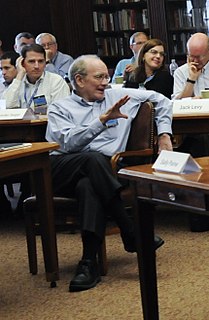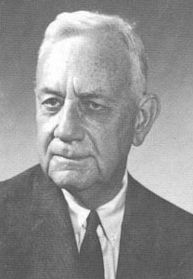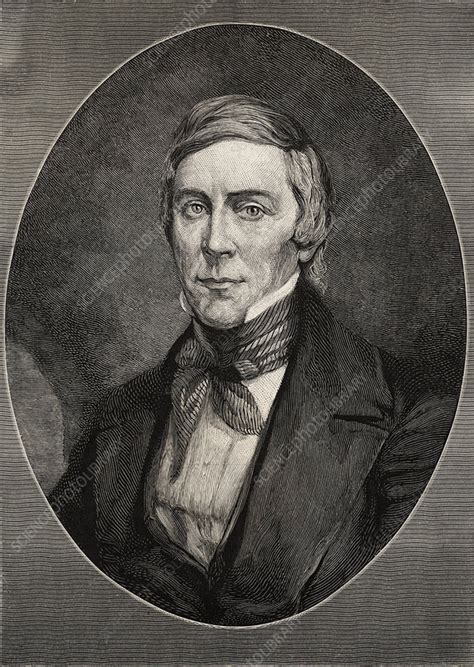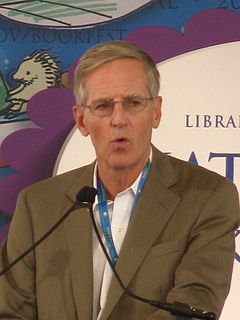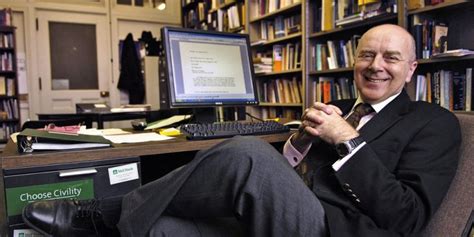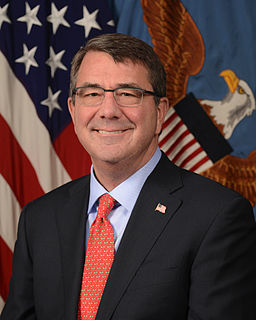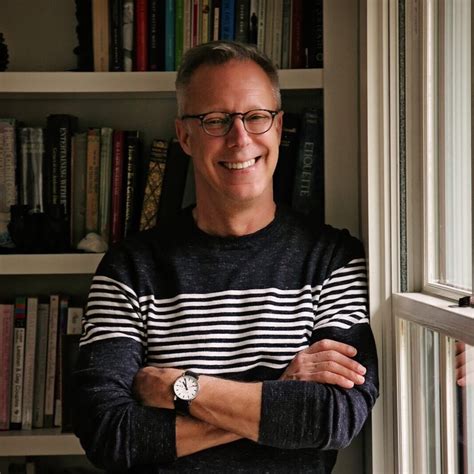A Quote by John Lewis Gaddis
George Kennan and Paul Nitze were the Adams and Jefferson of the Cold War. They were there for the beginning, they witnessed its course over almost half a century, and they argued with each other constantly while it was going on. But they maintained throughout a remarkable friendship, demonstrating-as few others in our time have-that it is possible to differ with civility. Nicholas Thompson's is a fine account of that relationship, carefully researched, beautifully written, and evocatively suggestive of how much we have lost because such civility has become so rare.
Quote Topics
Account
Almost
Argued
Beautifully
Because
Become
Beginning
Carefully
Century
Civility
Cold
Cold War
Constantly
Course
Demonstrating
Differ
Each
Few
Fine
Friendship
George
Going
Half
Half A Century
How
How Much
Jefferson
Lost
Maintained
Much
Other
Others
Our
Our Time
Over
Paul
Possible
Rare
Relationship
Remarkable
Suggestive
Throughout
Time
War
Were
While
Witnessed
Written
Related Quotes
The Hawk and the Dove is a wonderful idea for a book, wonderfully carried out. Nicholas Thompson has used illuminating new material to present each of his protagonists in a convincing, respectful, but unsparing way. Even more valuable, he has used the interactions and tensions between Paul Nitze and George Kennan to bring much of American 20th century foreign policy to life, with human richness ever present but with the big issues clear in all their complexity.
[John Adams and Tomas Jefferson] shared experience in 1775 - 1776 in bringing about the separation from Britain and their service in Europe cemented a friendship that in the end withstood the most serious political and religious differences that one could imagine, especially their differences over the French Revolution. It was probably Jefferson's obsession with politeness and civility that kept the relationship from becoming irreparably broken.
They say that 'history is an argument without end.' In Thompson's skillful hands, this momentous argument between two old friends on the most critical issue of the last century is thus history at its best. Thompson's judicious and delicious depiction of Nitze and Kennan will fascinate anyone who cares about the Cold War or the ways that human beings shape the future.
They were so much alike and they become best friends. It was a wonderful relationship. They respected each other, and they never put each other down. With every step they took together, they were happy. There was no envy or jealousy; there was no control, there was no possessiveness. Their relationship kept growing and growing. They loved to be together because when they were together, they had alot of fun. When they were not together, they missed each other.
It is not the conservative psyche that needs analysis. Conservatives were right in the Cold War --so right that liberals are pretending they were with us all along -- and they are right about Iraq. It is Leftists who need to account for their consistently disgraceful positions throughout the Cold War and into the War on Terror.
Civility means a great deal more than just being nice to one another. It is complex and encompasses learning how to connect successfully and live well with others, developing thoughtfulness, and fostering effective self-expression and communication. Civility includes courtesy, politeness, mutual respect, fairness, good manners, as well as a matter of good health. Taking an active interest in the well-being of our community and concern for the health of our society is also involved in civility.
All films created by Walt Disney at the time of his major outpouring of work were carefully crafted to fit scenes, characters, moods and situations. If these elements changed in any way, songs - no matter how good they were - were discarded. Others were written for the new scenes. Many times, character songs were dropped because characters were dropped...sequences were dropped etc.
Okay, so here's my question: When did civility become incompatible with protest? Why do some people consider civility an antonym - anathema, even - to political action and dissent? Because, and I'm raising my voice, it's not. Have we forgotten how Mahatma Gandhi used nonviolent civil disobedience to free India from British rule and inspire civil rights movements worldwide?
In less than a century after the barbarian nations settled in their new conquests, almost all the effects of the knowledge and civility, which the Romans had spread through Europe, disappeared. Not only the arts of elegance, which minister to luxury, and re supported by it, but many of the useful arts, without which life can scarcely be contemplated as comfortable, were neglected or lost.
